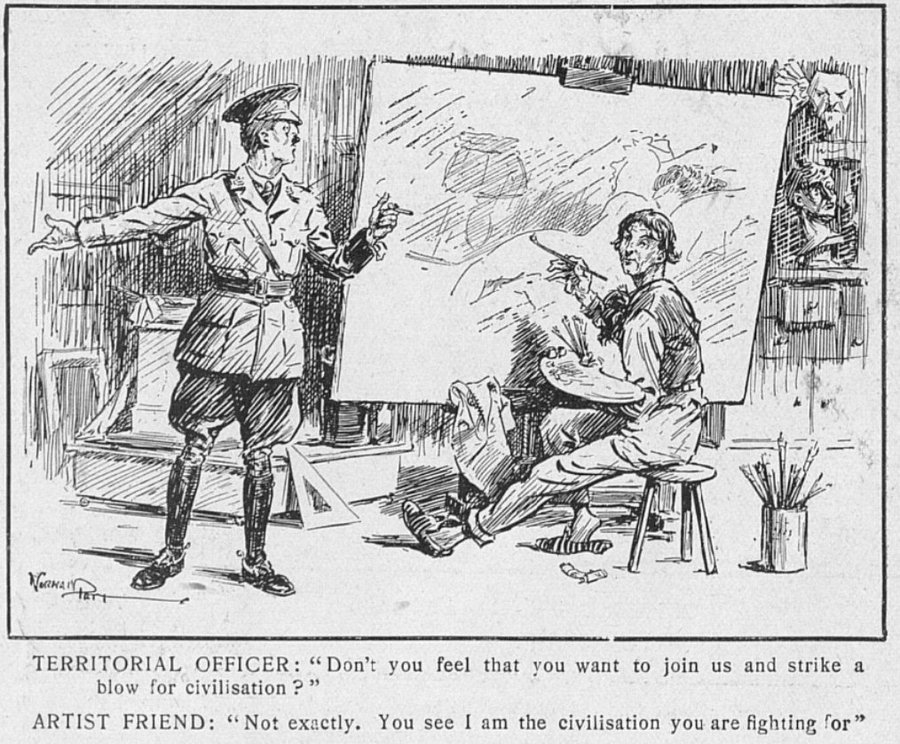Jacob M. Braude? Robert Byrne? Sally’s Sallies? Mary Pettibone Poole? Bob Burns? Jimmie Fidler? Anonymous?
Question for Quote Investigator: I love terrible puns and the following is a great example:1
Most love triangles are wrecktangles.
The quotation collector Robert Byrne included this statement in “The 2,548 Wittiest Things Anybody Ever Said” with an attribution to Jacob Braude. Would you please tell me more about its provenance?
Reply from Quote Investigator: Jacob M. Braude published a large number of compilations of sayings, quotations, and anecdotes. In 1955 he placed an instance with a slightly different phrasing into one of his books, and a detailed citation is given further below. However, this form of wordplay has a much longer history.
In 1866 “wreck-tangle” was used in the maritime realm instead of the domain of amour. Boldface has been added to excerpts:2
How can you describe the cordage of a vessel, which has run ashore and broken up? By a wreck-tangle.
In 1877 “The Boston Daily Globe” engaged in more elaborate maritime wordplay by adding the groan-inducing terms “try-angle” and “rye-tangle”:3
The unlucky captain of a New Bedford mackerel smack says he doesn’t want any more geometry in his. The fishing season coming round he went out for a try-angle and brought back a wreck-tangle.—Graphic. His misfortunes were probably caused by an overdose of rye-tangle.
By 1889 “The Weekly Pantagraph” of Bloomington, Illinois published another seaworthy geometrical variant:4
—It is no wonder that a square-rigged ship becomes a wreck-tangle in a storm.
Finally, by 1921 an anonymous joker applied the pun to illicit liaisons, and the result was printed in multiple newspapers such as “The Wichita Daily Eagle” of Wichita, Kansas5 and “Brooklyn Life” of Brooklyn, New York:6
Al. Bert: “How do these love triangles usually end?”
Phil. Bert: “Most of them turn into a ‘wreck-tangle.'”
Here are additional selected citations in chronological order.
Continue reading “Quote Origin: Love Triangles Generally Turn Out To Be Wrecktangles”